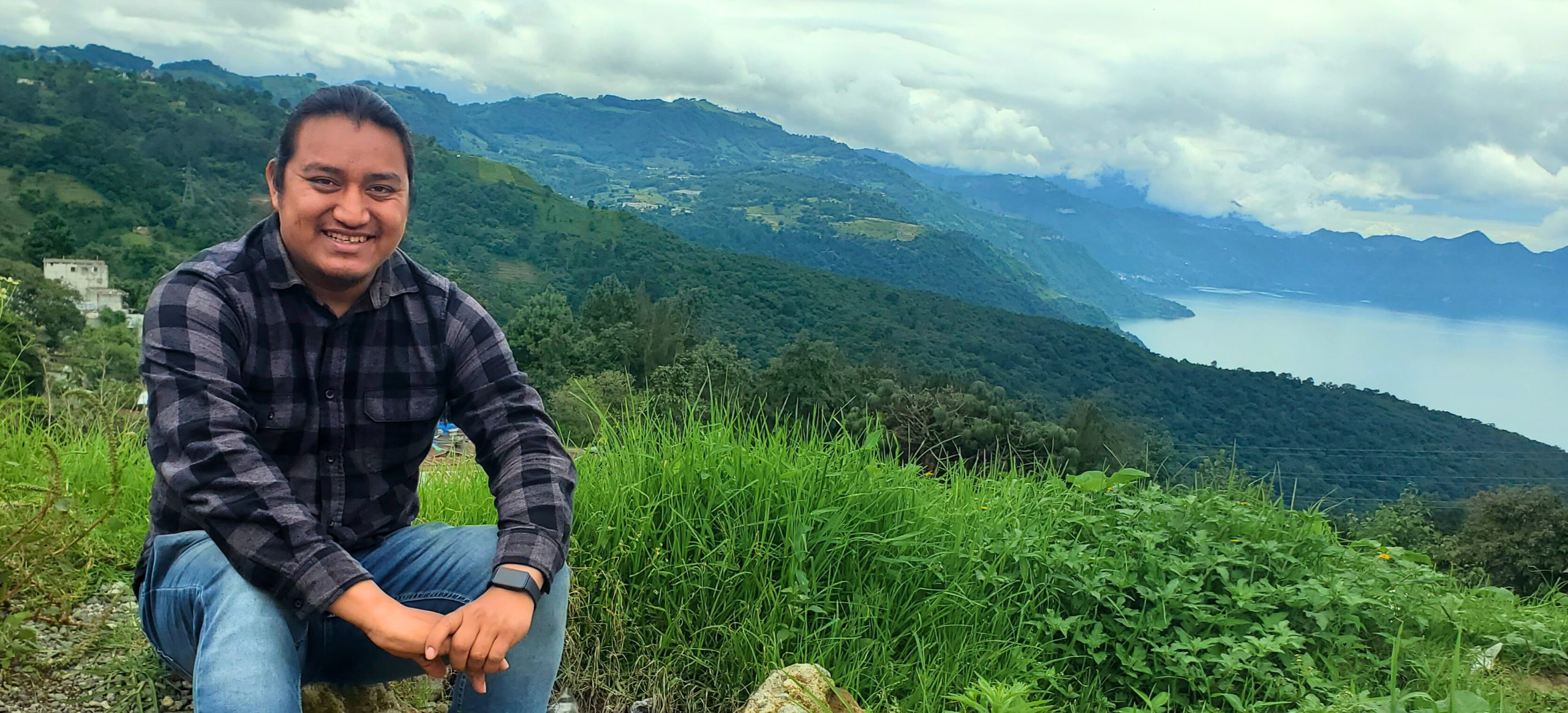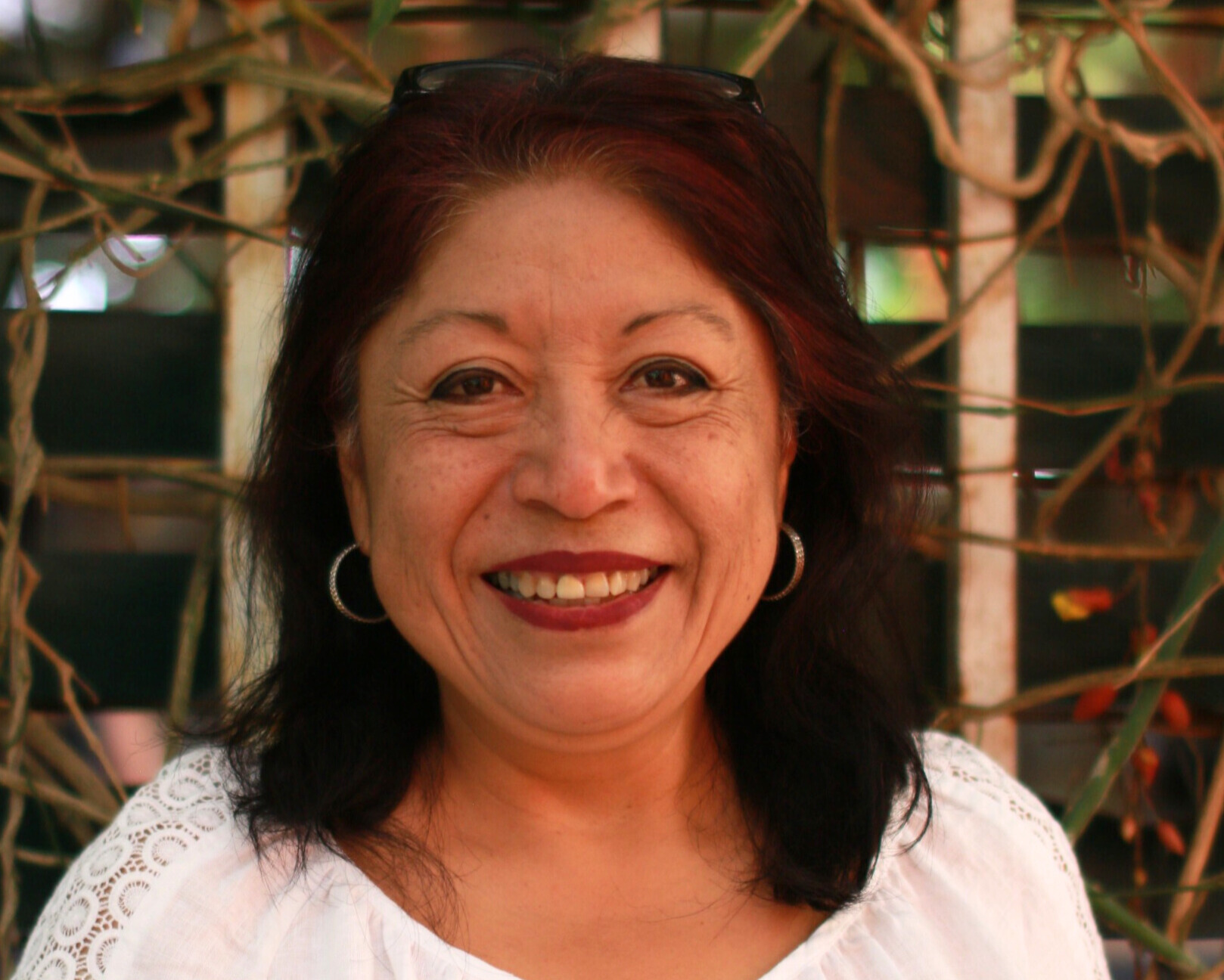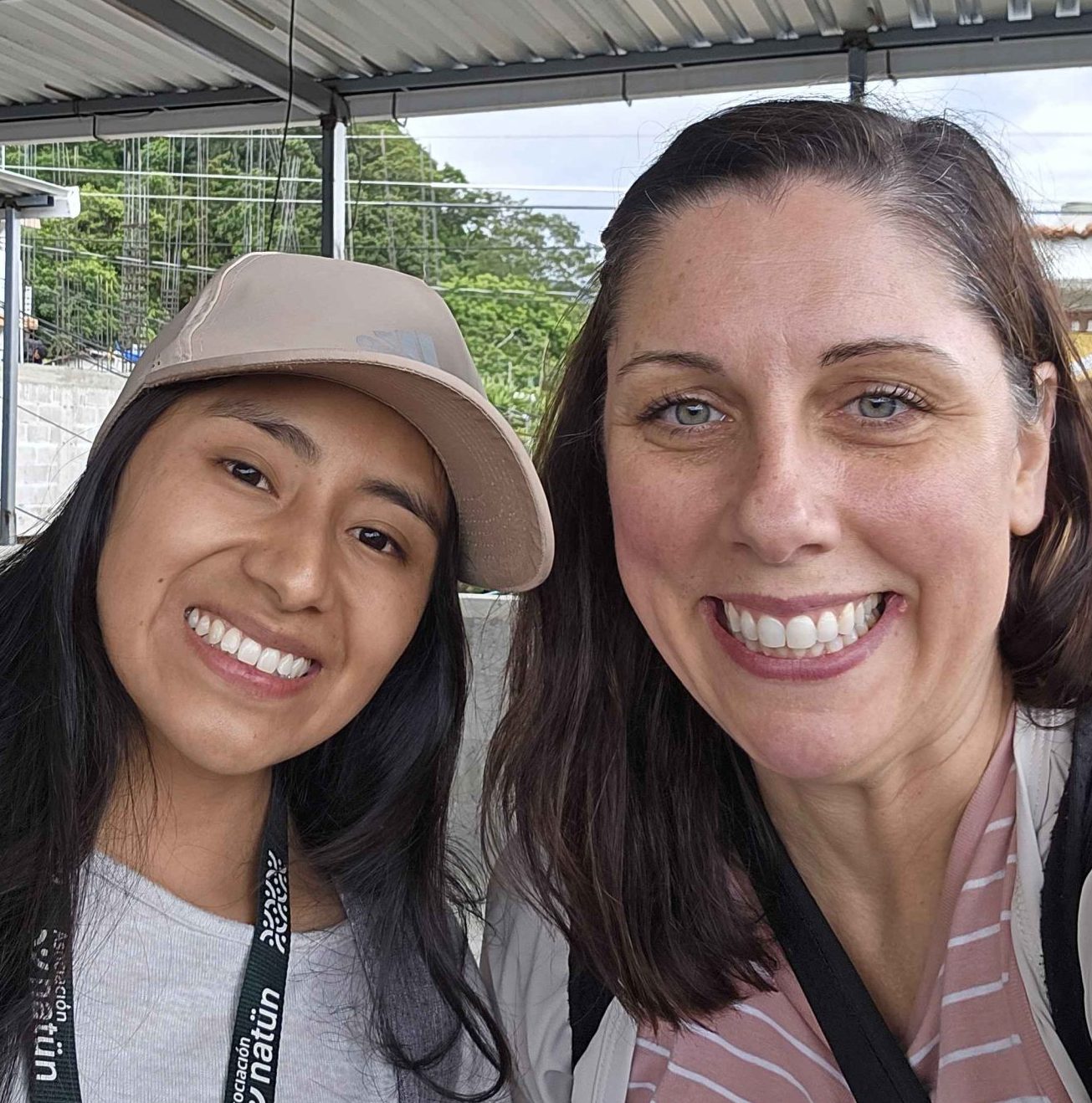Recognizing and Promoting Indigenous Rights in Guatemala: A Conversation with Juan Cúmes
The rights of Indigenous peoples in Guatemala are central to ensuring justice, equity, and sustainable development in the country. To gain insight into this reality, we spoke with Juan Cúmes, Natün’s Manager of Community Alliances and a COCODE member in his community—a local council responsible for guiding community development and decision-making. Juan’s dual role reflects how closely Natün’s staff are connected to the partner communities we work with—living the same realities, carrying the same responsibilities, and bringing that experience directly into their leadership at Natün. He shared his perspective on the importance of Indigenous rights, the challenges communities face, and how his work seeks to strengthen these rights every day.
The Importance of Indigenous Rights
Legal protection for Indigenous rights in Guatemala remains limited, with only a few provisions anchored in the Constitution and weak enforcement in practice. At the national level, Indigenous rights are often recognized in name but not fully guaranteed in daily life—leaving communities with few reliable mechanisms to defend their territories, cultures, or access to basic services. In contrast, international agreements such as ILO Convention 169 on Indigenous and Tribal Peoples provide stronger and more comprehensive protections. These agreements affirm the rights of Indigenous peoples to self-determination, consultation, and participation in decisions that affect their lives.
As Juan emphasizes, these international frameworks often carry more weight for Indigenous leaders than Guatemalan national laws, offering a foundation to protect rights, organize communities, and push for changes that reflect their values and priorities. Strengthening the bridge between international standards and national enforcement is essential not only for legal recognition, but also for ensuring sustainable, community-led development.
Challenges Facing Indigenous Communities
Indigenous communities in Guatemala face multiple challenges in exercising rights. One major obstacle is the criminalization or social stigmatization of community leaders when advocating for the well-being of the communities or defending territories. Juan explains that as communities organize and speak out about issues affecting them, leaders can become targets of intimidation or legal action.
In Sololá, a region known for strong and highly organized Maya Kaqchikel leadership, these challenges are particularly nuanced. Communities have long-standing governance structures and well-established systems of decision-making, yet mistrust between these Indigenous authorities and governmental agencies persists. Despite their organizational strength, systemic barriers often prevent community voices from being fully represented in state-level decision-making spaces, limiting the influence of perspectives that directly affect local development, resource management, and cultural preservation.
Natün works alongside these existing leadership structures—strengthening their processes, supporting sustained engagement with municipal and national institutions, and creating bridges to the resources and decision-making spaces that communities are entitled to. By partnering with communities in this way, Natün helps ensure Indigenous voices are heard, respected, and translated into meaningful, lasting outcomes.
Incorporating Indigenous Perspectives in Community Projects
Juan and his team focus on building alliances and coordinating with community leaders to ensure projects reflect community priorities. Through direct dialogue, they co-identify needs and co-design initiatives that strengthen local development efforts. While the State is responsible for guaranteeing rights, Natün complements these responsibilities through practical projects that emerge from community vision and leadership.
One example is the installation of solar panels in Santa María El Tablón’s communal hall and convergence center. This project was not simply about renewable energy—it grew from conversations with local leaders who saw the need for a healthier, better-equipped gathering space where the entire community could meet, organize, and receive services. By responding to this locally defined priority, Natün helped strengthen both community health and organization.
Beyond infrastructure, alliances also take shape through capacity-building initiatives. Natün works closely with Community Promotoras—women leaders who are trained and supported to guide development efforts in their communities. This focus ensures that women’s voices are central to decision-making and that gender equity and inclusion are part of every project.
A Key Message on Indigenous Rights
Juan emphasizes that respecting the culture, language, lived experiences, and ancestral knowledge of communities is essential for any project. What makes Natün’s approach unique is that the majority of our staff and leadership are Indigenous, women, and from the very partner communities where we work. This means Natün is not an outside actor but intrinsically intertwined with community life—understanding needs, recognizing strengths, and rooting every response in ancestral wisdom and traditions.
“Much remains to be done for communities, for Indigenous peoples. However, a good start will always be to recognize, respect, and preserve the principles and values of Maya communities,” says Juan. By grounding our work in these values, Natün ensures projects are not only more effective, but also promote community well-being and sustainable development.





